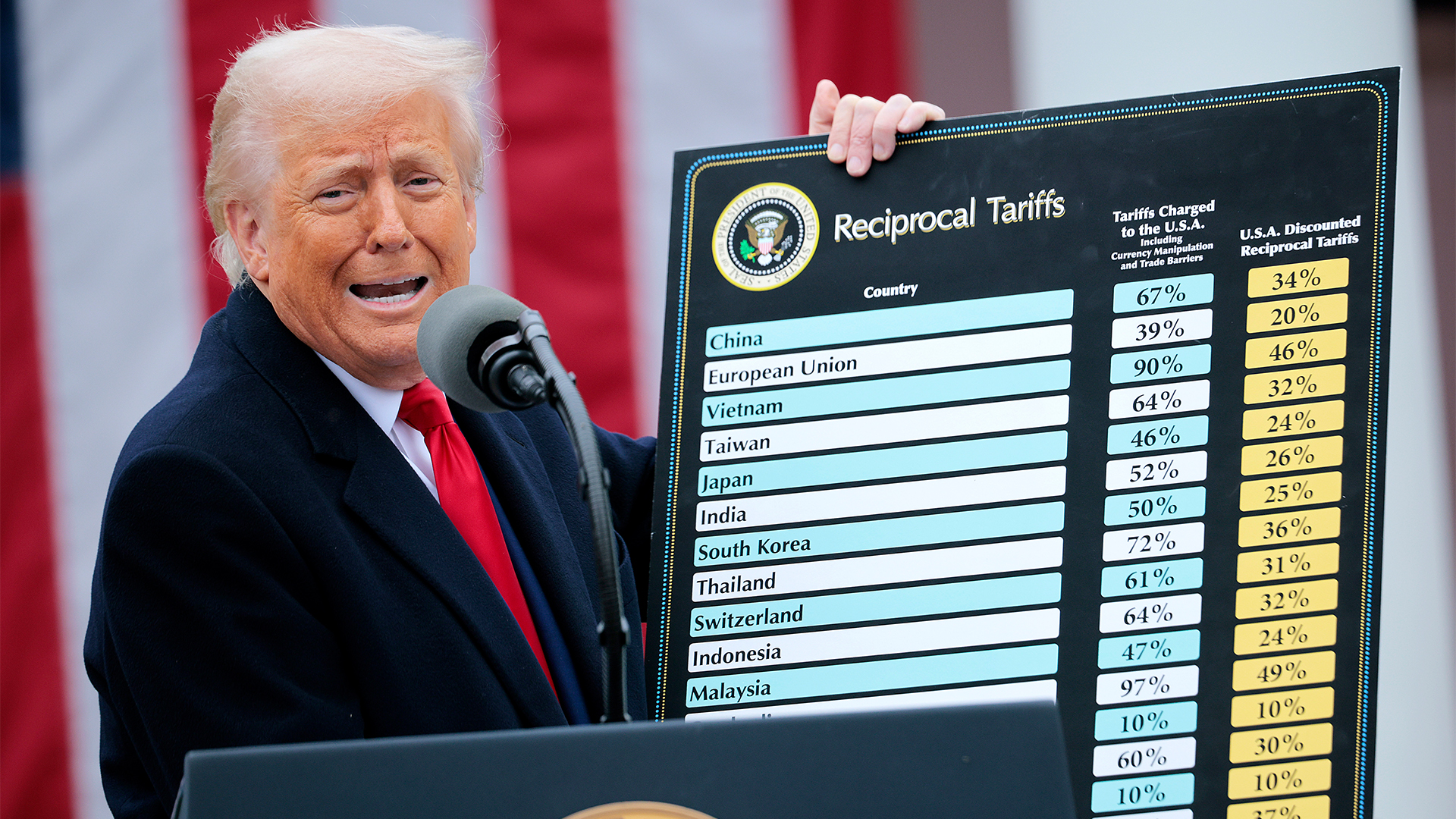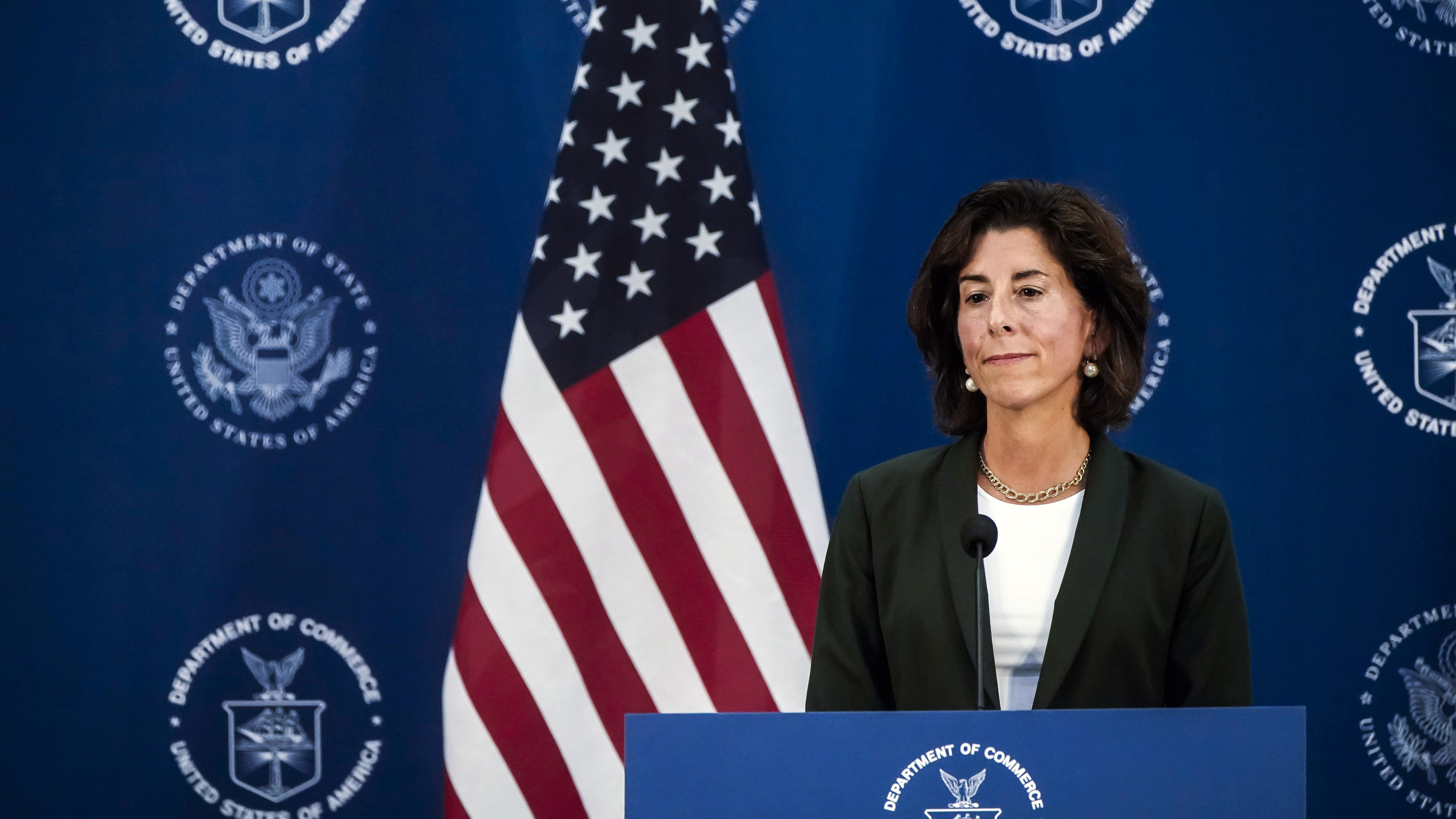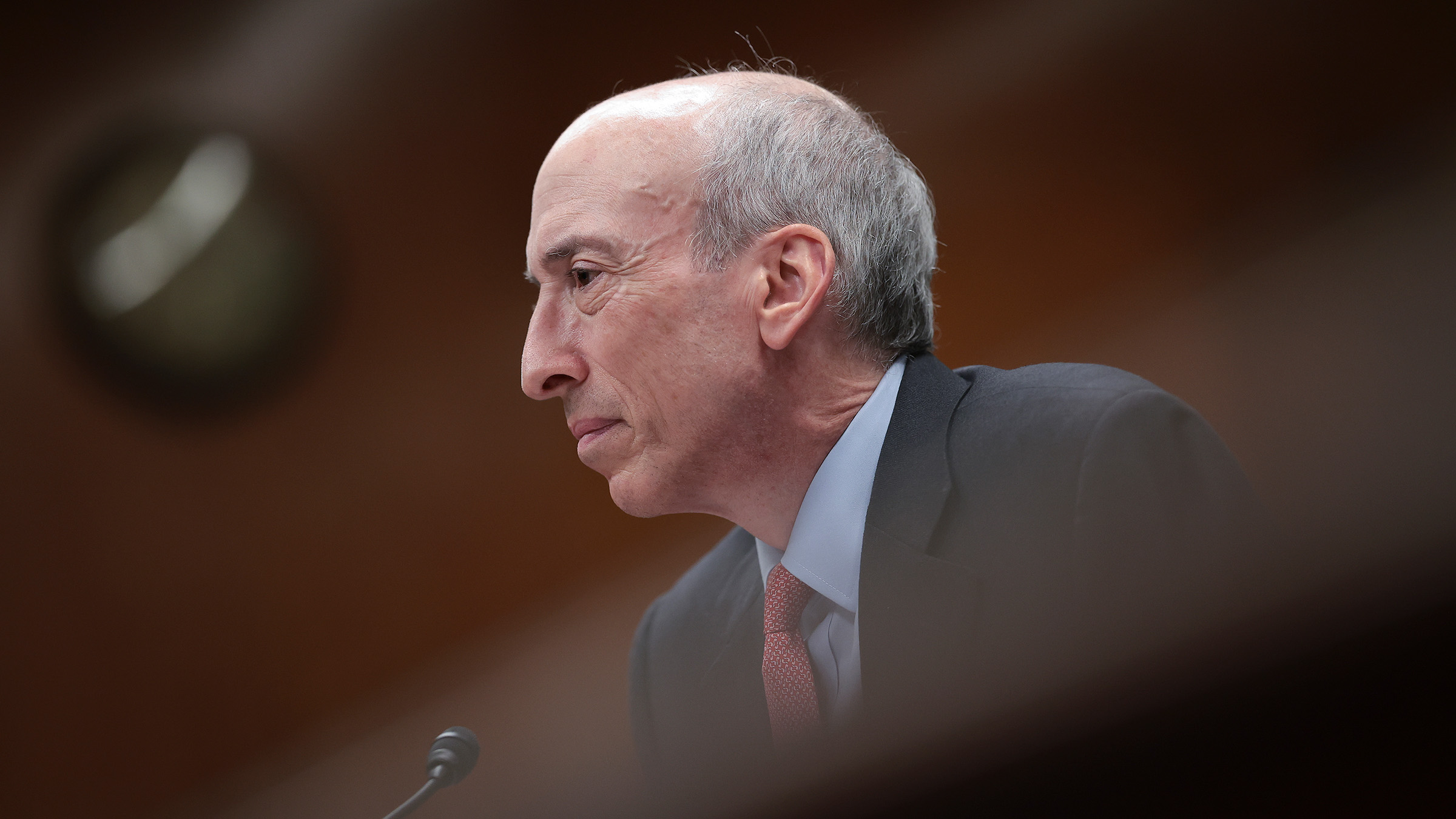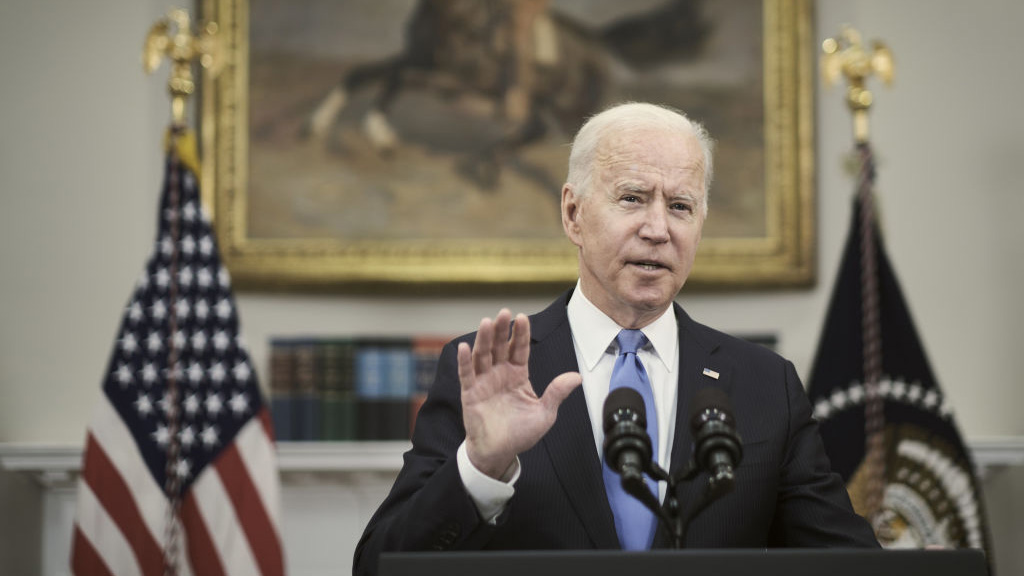US Pentagon admits 24,000 files stolen
A foreign Government is suspected of stealing 24,000 files in one of the biggest ever cyber hits on US defence operations.


Sign up today and you will receive a free copy of our Future Focus 2025 report - the leading guidance on AI, cybersecurity and other IT challenges as per 700+ senior executives
You are now subscribed
Your newsletter sign-up was successful
The US Pentagon has admitted 24,000 files were stolen from a defence contractor's systems in March, with officials suggesting the attack came from a foreign Government.
The revelation came from William J Lynn, US deputy defence secretary, who was outlining the new Department of Defence Strategy for Operating in Cyberspace yesterday.
"It is a significant concern that over the past decade, terabytes of data have been extracted by foreign intruders from corporate networks of defence companies," Lynn said.
"When looking across the intrusions of the last few years, some of the stolen data is mundane, like the specifications for small parts of tanks, airplanes, and submarines. But a great deal of it concerns our most sensitive systems, including aircraft avionics, surveillance technologies, satellite communications systems, and network security protocols."
He claimed the US had a "pretty good idea" about who was behind the attack in March, but didn't disclose any names, the Daily Telegraph reported.
Lynn said the country's critical infrastructure had also been "probed," noting how the military relied on much of the same electricity and communications technology as US citizens did.
"Significant disruptions to any one of these sectors could impact defense operations. A cyber attack against more than one could be devastating," he added.
Sign up today and you will receive a free copy of our Future Focus 2025 report - the leading guidance on AI, cybersecurity and other IT challenges as per 700+ senior executives
"The integrity of the networks that undergird critical infrastructure must therefore be considered as we assess our ability to carry out national security missions."
As has been previously outlined by the US Government, Lynn indicated cyber attacks may be responded to with physical force.
"It would be irresponsible, and a failure of the Defence Department's mission, to leave the nation vulnerable to a known threat. Just as our military organises to defend against hostile acts from land, air, and sea, we must also be prepared to respond to hostile acts in cyberspace," he added.
"Accordingly, the United States reserves the right, under the laws of armed conflict, to respond to serious cyber attacks with a proportional and justified military response at the time and place of our choosing."
The UK Government has been battered with cyber attacks of late.
Earlier this year, Foreign Secretary William Hague admitted it had been hit by the notorious Zeus Trojan.
Chancellor of the Exchequer George Osborne recently revealed in 2010, there were hundreds of serious and pre-planned attempts to break into the Treasury's computer system by "hostile intelligence agencies."
Tom Brewster is currently an associate editor at Forbes and an award-winning journalist who covers cyber security, surveillance, and privacy. Starting his career at ITPro as a staff writer and working up to a senior staff writer role, Tom has been covering the tech industry for more than ten years and is considered one of the leading journalists in his specialism.
He is a proud alum of the University of Sheffield where he secured an undergraduate degree in English Literature before undertaking a certification from General Assembly in web development.
-
 ITPro Best of Show NAB 2026 awards now open for entries
ITPro Best of Show NAB 2026 awards now open for entriesThe awards are a fantastic opportunity for companies to stand out at one of the industry's most attended shows
-
 Mistral CEO Arthur Mensch thinks 50% of SaaS solutions could be supplanted by AI
Mistral CEO Arthur Mensch thinks 50% of SaaS solutions could be supplanted by AINews Mensch’s comments come amidst rising concerns about the impact of AI on traditional software
-
 UK’s ‘Tech Prosperity Deal' with US hits rocky ground
UK’s ‘Tech Prosperity Deal' with US hits rocky groundNews The US has reportedly threatened to pull out of the deal over the Digital Services Tax and broader economic disagreements
-
 ‘The UK must position itself as the destination of choice’ in wake of H-1B visa crackdown, tech policy group says
‘The UK must position itself as the destination of choice’ in wake of H-1B visa crackdown, tech policy group saysNews The UK has a massive opportunity to capitalize on the US government’s H-1B visa changes
-
 IDC warns US tariffs will impact tech sector spending
IDC warns US tariffs will impact tech sector spendingNews IDC has warned that the US government's sweeping tariffs could cut global IT spending in half over the next six months.
-
 US government urged to overhaul outdated technology
US government urged to overhaul outdated technologyNews A review from the US Government Accountability Office (GAO) has found legacy technology and outdated IT systems are negatively impacting efficiency.
-
 US proposes new ‘know-your-customer’ restrictions on cloud providers
US proposes new ‘know-your-customer’ restrictions on cloud providersNews The US aims to stifle Chinese AI competition with new restrictions on cloud providers to verify foreign data center users
-
 SEC passes rules compelling US public companies to report data breaches within four days
SEC passes rules compelling US public companies to report data breaches within four daysNews Foreign entities trading publicly in the US will also be held to comparative standards
-
 US says National Cybersecurity Strategy will focus on market resilience and private partnerships
US says National Cybersecurity Strategy will focus on market resilience and private partnershipsNews The recently announced implementation plans alow for more aggressive action against ransomware gangs
-
 US ‘Tech Hubs’ drive aims to boost innovation in American heartlands
US ‘Tech Hubs’ drive aims to boost innovation in American heartlandsNews The development of the hubs will could help drive regional innovation and support for tech companies
